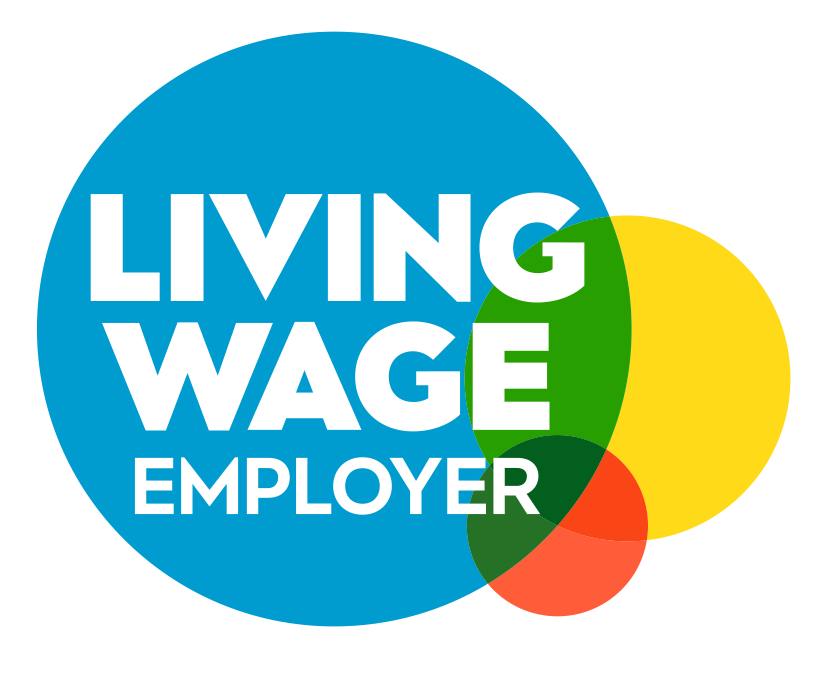In an op-ed for The Times, Bethany Wheatley, a contributor to Atalanta’s recent report “(Anti)Social Media: The Benefits and Pitfalls of Digital for Female Politicians”, highlights practical steps women politicians can take to mitigate problems of online harassment:
While continuing to campaign for more permanent solutions like social media companies strengthening their safeguards and developing ways to make it easier for offensive content to be taken down — or more difficult to share in the first place — there are practical steps female politicians can take to mitigate the problem.
- Raise awareness and push back, loudly. Scottish Conservative leader Ruth Davidson makes a point of calling out some of the sexist and homophobic abuse she receives. By highlighting the harassment, it shines a light on the perpetrators and diminishes their power to hurt.
- Use the mute and block functions. Social media is a great tool for engaging with the electorate, but politicians are under no obligation to simply accept abuse or threats as ‘the price of doing business.’ Muting someone is particularly useful as you no longer see their posts, but they aren’t informed you’ve blocked them, so won’t create a new account to continue their harassment.
- Filter certain words and phrases. MP Jess Phillips is an advocate of this approach, saying in the report: “I haven’t gone to the police in a long time, because now I don’t see a lot of it. I worked quite a lot with Twitter on how they improve it for everybody, but I have all sorts of really robust filters on my Twitter account.”
Read more about the report, which was released in collaboration with BrandsEye, on The Times.




